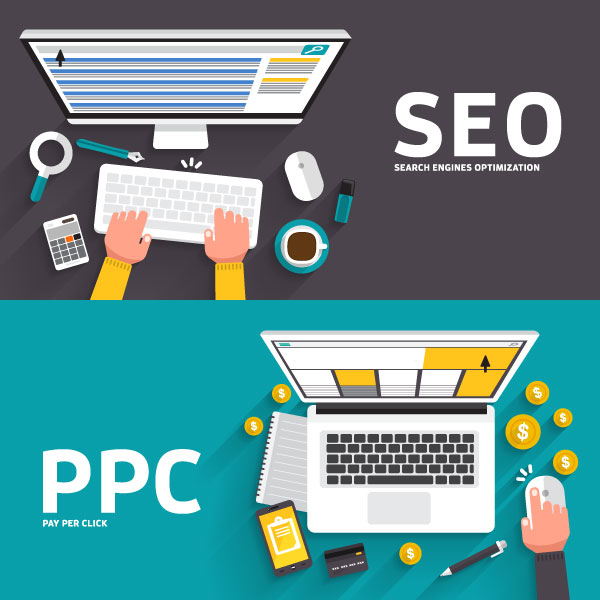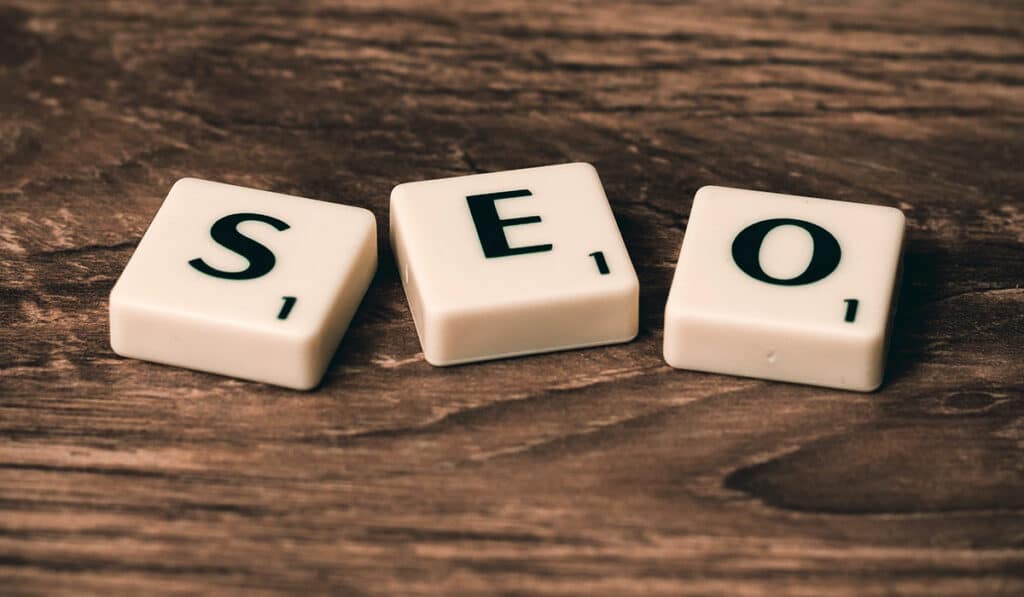 As business-focused professionals, we all know that simply having a static online presence is no longer an option if we want to drive traffic to our websites and ultimately into the business. There are a plethora of advanced digital marketing strategies for attracting online traffic, but which ones are best for your practice? If you currently have a robust online presence with a content-rich website, you’re ready for at least one advanced option. Let’s examine both Search Engine Optimization (SEO) and Pay-Per-Click (PPC) and help you to determine what is the best tactic to incorporate into your digital marketing strategy.
As business-focused professionals, we all know that simply having a static online presence is no longer an option if we want to drive traffic to our websites and ultimately into the business. There are a plethora of advanced digital marketing strategies for attracting online traffic, but which ones are best for your practice? If you currently have a robust online presence with a content-rich website, you’re ready for at least one advanced option. Let’s examine both Search Engine Optimization (SEO) and Pay-Per-Click (PPC) and help you to determine what is the best tactic to incorporate into your digital marketing strategy.
When attempting to understand the difference between SEO and PPC and which one to implement, let’s first define the differences and benefits of each:
Search Engine Optimization (SEO)
Overview: The purpose of implementing Search Engine Optimization (SEO) is to get your website to rank organically near the top of page one in the search results. For example, if a Google search with the keywords “deep dish pizza in Chicago” is conducted, the organic results that populate at the top of the search engine are dependent upon several factors, one of which is SEO. Here’s an example of the search results for that specific phrase:

Based on the results, it appears that the businesses Giordano’s, Pequod’s Pizza and Lou Malnati’s Pizzeria have invested in SEO tactics such as reviews and keyword optimization on their respective websites. We can determine this since they’ve appeared at the top of the organic results, based on our keyword search.
How does it work?: Google (and other search engines) use proprietary algorithms to determine how relevant the information on your website is when someone searches a specific keyword or phrase. In the example above, the results for “deep dish pizza in Chicago” generated listings for three popular pizzerias; obviously the results are relevant to the keyword search and in turn, the content on the respective websites is optimized for those keywords. Therefore, it’s important to understand that when incorporating an SEO strategy, you must focus on adding relevant content to your website via keywords. This ensures that your products and services are promoted authentically to match the terms that consumers are searching.
Cost: An investment in SEO typically begins at a few hundred dollars per month if working with a digital marketing partner.
Pay-Per-Click (PPC)
Overview: The overall goal of Pay-Per-Click (PPC) advertising is to quickly generate new leads for your website. In essence, businesses pay a “media” fee through Google AdWords to appear at the top of the search engine and hope that they’ll click on the first ad they see. For this example, let’s conduct a Google search for the keyword term “Starbucks coffee.” Here are the results:

In the example above, you can see where Starbucks has sponsored an “Ad” in order to appear at the top of the search listings (arrow A). You can also see that companies such as Jet.com and Staples which carry Starbucks products have purchased sponsored content (arrow B). With any keyword search, PPC ads will display above and below the organic search results. Adding PPC to your digital marketing strategy can create traffic to your website quickly, but you want to make sure someone is monitoring the results closely.
How does it work?: The advertiser or sponsor pays each time someone clicks on the link that is included in the ad; if no one clicks, the Google AdWords account is not debited. PPC costs are determined by bidding and can be set based on keyword searches and geography. In the example above, Starbucks is targeting anyone that searches the keywords “Starbucks coffee,” no matter where they are located in the United States. With PPC, you want to ensure that the person managing the account understands the bidding of your specific keyword terms and can properly manage the Google AdWords (media spend) each month. You also want to make sure that one clicks on the PPC ad it is directed to relevant information on your website and it encourages them to call the practice.
Cost: An investment in PPC has two components, the media buy (paid directly to Google AdWords) and the management fee. Expect to pay a minimum of $500 for AdWords and $300 in management fees per month if working with a digital marketing partner. The AdWords budget is typically determined by the keywords and your market.
Which strategy is best for you?
SEO and PPC typically work best when they co-exist within a digital marketing strategy; attaching consumers from both organic and paid searches. We know that’s not always feasible from a readiness or budgetary standpoint, so let’s approach the “best” strategy by understanding the goals of the practice. If a practice just opened or has added a new location, PPC is the short term solution to get new patients in the door quickly. SEO, in contrast, is a longer term strategy and may be best for a practice that just completed a website update or doesn’t have much competition. Your practice goals combined with the maturity of your online strategy and digital marketing budget will help determine the appropriate next steps.
Regardless of which strategy you decide to pursue, ensure that you are tracking effectiveness via Google Analytics and following your investment through to sale, if possible. You’ll want to ensure that all of your marketing dollars are spent effectively.
CQ Partners can help! CQ partners with several digital marketing vendors that offer both SEO and PPC programs. The CQ Marketing Team is also available to consult on your digital marketing strategy, including reviewing proposals, developing budget suggestions, offering recommendations, and more. Contact marketing@cq-partners.com to get started today!








